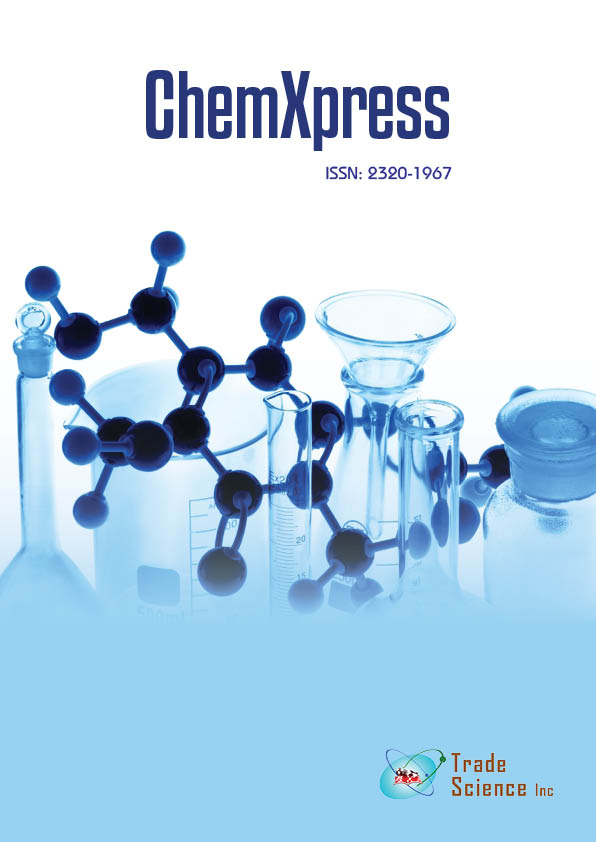Abstract
The relationship between zinc and copper in children with malaria
Author(s): CarolineA.Okoli, MariamSolomonBackground:Zinc (Zn) and copper (Cu) are among themost important traceminerals that are required for proper growth and health.Malaria still claims the lives ofmanyNigerian children.To aid in propermanagement of these children, there is a need tofindout the effect these important traceminerals have on each other in childrenwithmalaria.Objective:To determine the effect Zn and Cu have on each other in childrenwithmalaria in order to deducewhether the serumlevels of zinc and copper could playa role in the pathogenesis ofmalaria.Hypothesis: Therewill be a significant negative relationshipbetween zinc and copper in children with malaria. Method: The blood samples of 600 children aged 1 day to18years from varioushospitals inJoswere analyzedfor;malaria parasite (MP)usingGiemsa stainingtechnique and zinc and copper using colorimetricmethod.Result:Therewas a non-significant positive relationshipbetween zinc and copper inchildrenwithmalaria (p=0.607).The strength of the relationshipwas beta=0.030. Therewas a significant negative relationship between zinc and copper in the control children (p=0.003). The strength of the relationshipwas beta =-0.159.Using the beta function of themodel to compare the strength of the effect of the micronutrientsoneachother, itwasdiscovered that zinc and copper have a stronger effect in the control subjects (beta=-0.159) than in the parasitaemic children (beta=0.030).Therewas a significant positive relationship between parasite densityand serumzinc and copper levels (p=0.000). Conclusion: Serum zinc and copper do not have significant effect on each other in thepathogenesisofmalaria inchildren.However, itmay be necessary tomonitor the levels of theseminerals in such patients.
